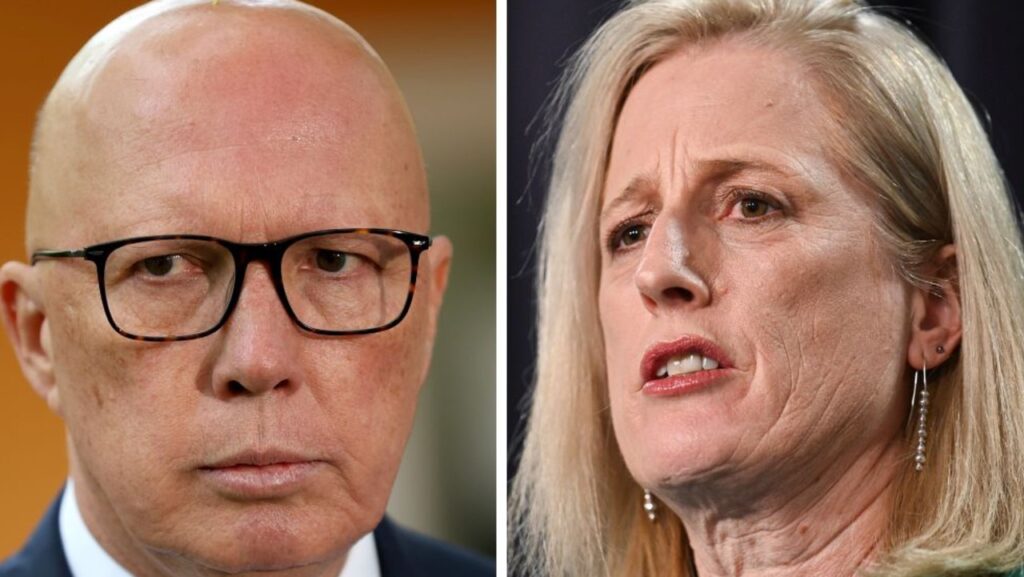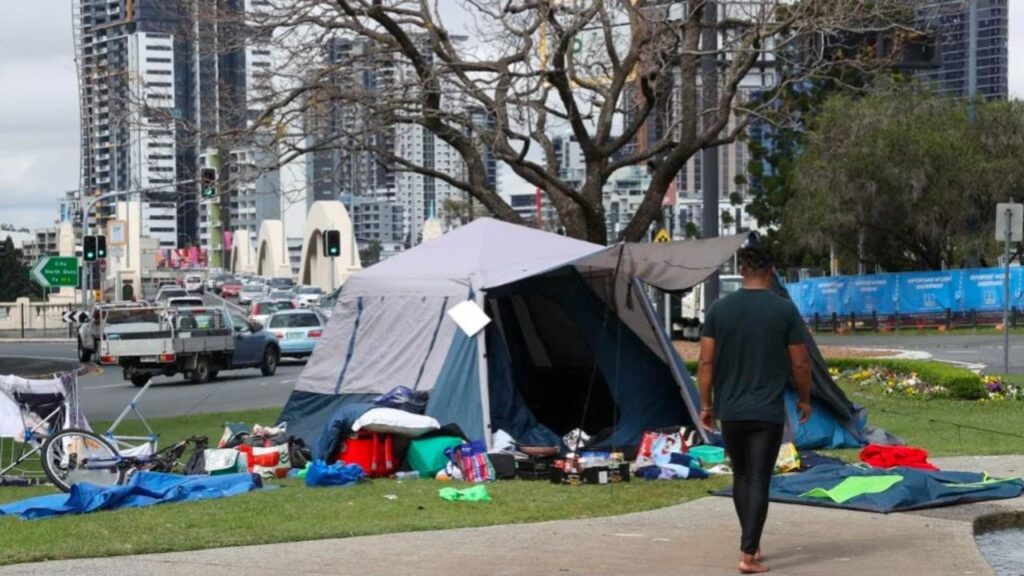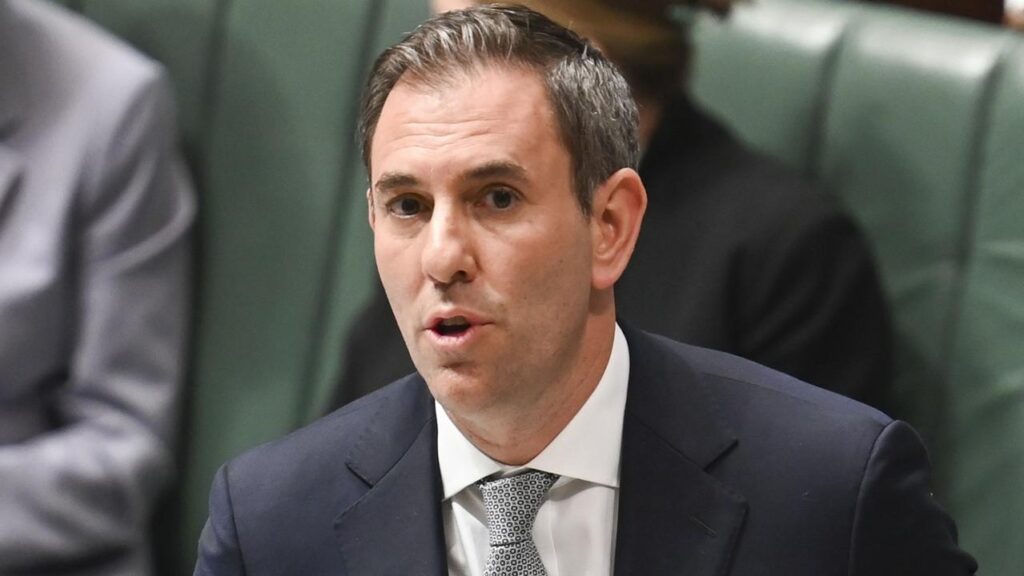Bank’s $350m cash cost revealed
Written by admin on August 20, 2024
Australia’s largest bank has revealed it’s spending hundreds of millions each year to keep cash available across its branches and ATMs.
In its latest annual results presentation, Commonwealth Bank announced it spent about $410m in the past financial year providing “cash services” across the country.
The bank claimed the cost had jumped about 50 per cent in the past five years while pulling in $20m from consumers and $40m from businesses.
According to the presentation, this leaves a net cost of about $350m, labelling providing cash a “challenging commercial model”.
Over the same period, the bank says ATM withdrawals have dropped 51 per cent to 6.7 million per month, while monthly digital payments have jumped from 39 million to 71 million.
Commonwealth Bank is the first of the big four to share the cost of supplying cash publicly but notes it has the largest branch and ATM network in the country.
In the annual results, the bank says it has reduced both branches and ATMs in the past five years, with ATMs falling to 1196 from 3542 and branches slashed from 967 to 707.
The revelation comes after the sustainability of cash was called into question earlier this year after cash transporter Armaguard faced insolvency before a $50m bailout from its largest customers in late June.
Last year, CommBank chief executive Matt Comyn told a senate inquiry into regional bank closures that transporting and making cash available was a “considerable expense” but said there were no plans to ditch cash.
“We certainly have no plans to remove cash distribution or the provision of cash in Australia,” he said.
“I don‘t think that that’s feasible, and I don’t think that would be desirable, certainly in the foreseeable future.”
In the annual results, the bank recommitted its pledge to “keep all CBA-branded regional branches open until at least the end of 2026”.
Reserve Bank of Australia (RBA) figures from the latest Consumer Payments Survey show cash’s share of total payments dropped to 13 per cent in 2022.
Despite this, RBA governor Michele Bullock last week told the federal parliament’s house economics committee the central bank was “committed” to maintaining cash access.
“While the use of cash for everyday payments has declined in recent decades, it remains an important means of payment for many Australians,” she said.
“Cash is used as a store of wealth, particularly during periods of economic uncertainty, and can be a useful backup for electronic methods of payment.
“Developing a more durable future cash distribution system will require broad consultation and require participants in the system to approach these issues in the public interest.”
Read related topics:Commonwealth Bank







